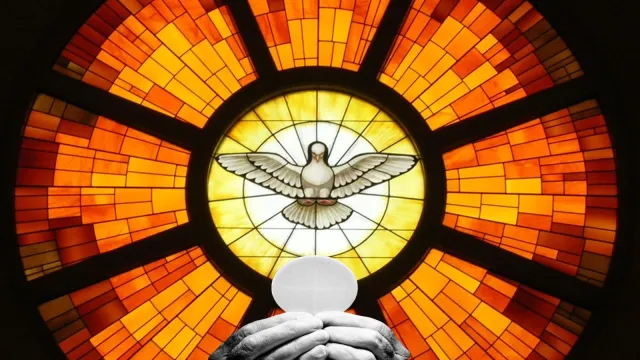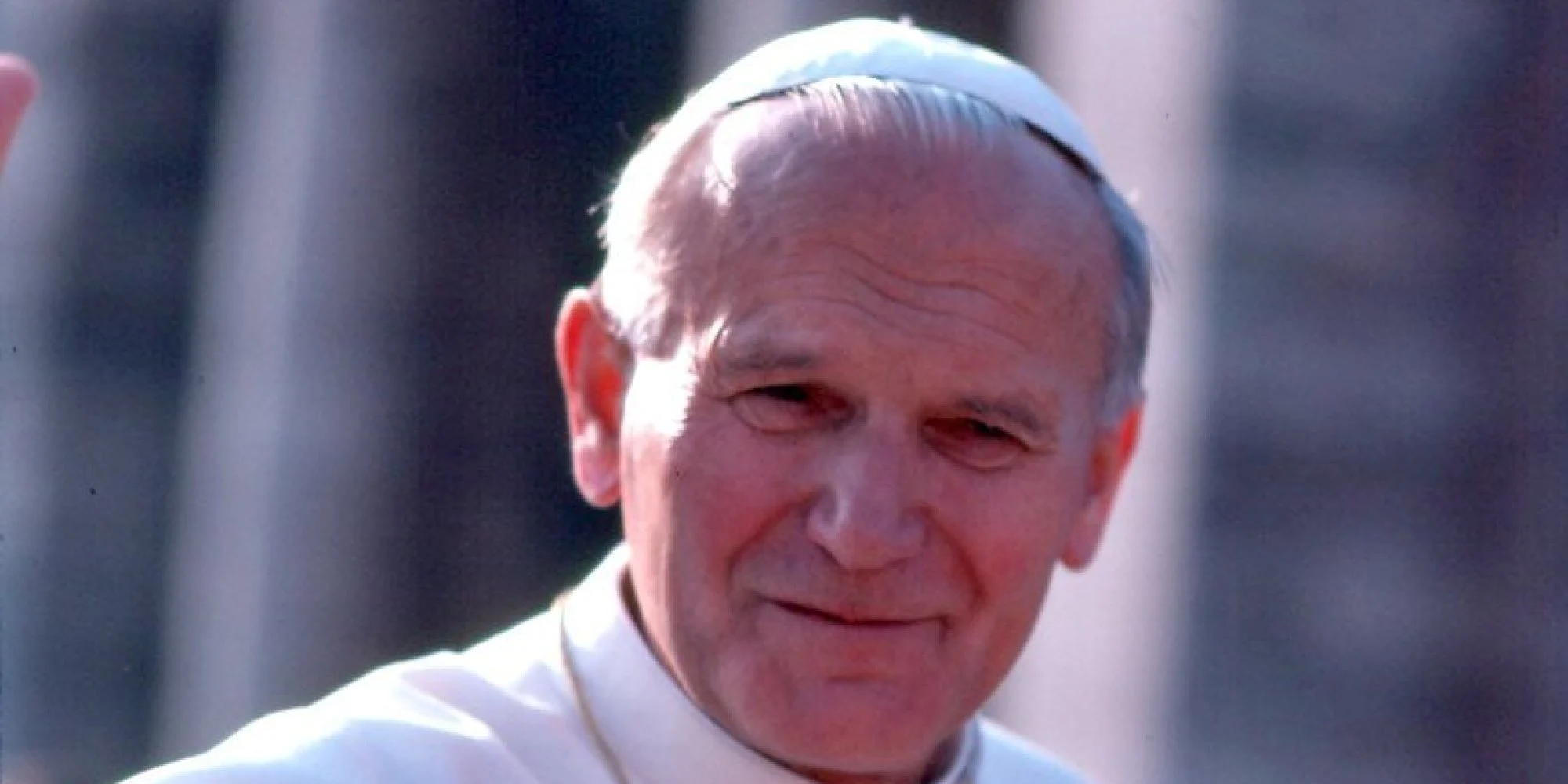
Category: Prayers
-

Practical Guide to Be Consistent in Prayer Life
Read More: Practical Guide to Be Consistent in Prayer LifeConsistency in prayer is essential for deepening your relationship with God and nurturing your faith. Here’s a practical guide to help you maintain a regular prayer life: 1. Set a Specific Time for Prayer Morning Offering: Start your day with a morning prayer. Offer all your thoughts, words, and actions to God. Evening Reflection: End…
-

Daily Consecration to the Holy Spirit
Read More: Daily Consecration to the Holy SpiritMost holy Spirit receive the consecration that I make of my entire being today to you. From this moment on, come into every area of my life and into each of my actions. you are my Light, my Guide, my Strength, and the sole desire of my heart. I abandon myself without reserve to your…
-

A powerful prayer to defeat the work of Satan
Read More: A powerful prayer to defeat the work of SatanIt is a truth of the Catholic faith that Satan and his minions are real and are actively engaged in a battle against us. They eagerly want our demise, but we must fight back against them. Pope Francis explained this reality during a daily Mass homily in 2014. The devil exists and we have to fight…
Search
Popular Posts
-
🙏 A New Chapter Begins: Supporting Pope Leo XIV with Prayer and Hope | W/ Daniel O’Connor
“Give the new pope a break and support him with your prayers.”–…
-
Possible Candidates for The Next Pope!
Some Candidates for the New Papacy Today we will share with you…
Categories
Archives
Tags
#Miracles (102) 2023 (4) 2024 (4) approved miracles (2) catholic (141) catholic blog (375) catholic meditations (7) catholic miracles (371) catholic motivation (2) catholic news (371) catholic prayers (4) CatholicSeers (359) catholic vlog (375) catholic websites (6) Eucharistic miracle (2) fr jim blount (3) GisellaCardia (11) hamas (3) imitation of christ (2) Israel (4) israel live (5) Israel news (9) jesus (3) jesus christ (4) Latest messages (11) lent 2023 (10) lent 2024 (4) lent homily (2) lent retreat (4) lent retreat 2023 (3) Lourdes (2) messages from god (6) MessagesFromHeaven (364) miracles of catholic church (2) mother and refuge (2) ourlady (325) OurLadyApparitions (22) our lady of lourdes (2) Pope (2) POPE francis (3) pope francis news (2) prayers (3) real miracles (356) sacred heart of jesus (2) The Miracles of Lourdes (2)






